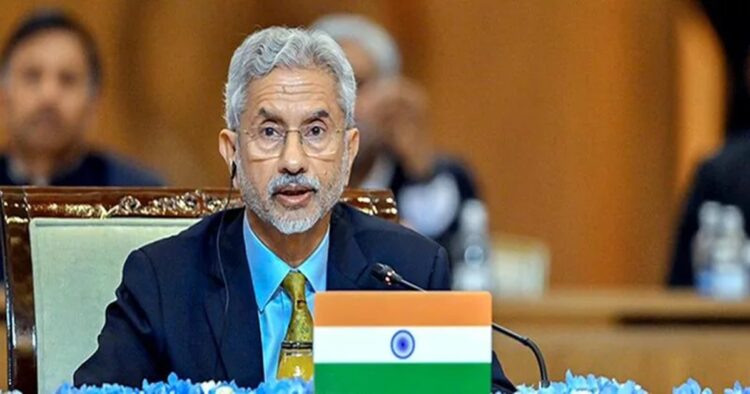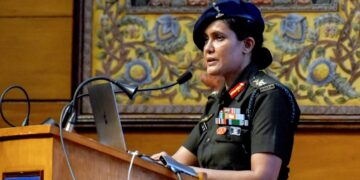External Affairs Minister S Jaishankar has called for introspection between the two countries has fallen short. In his address at the 23rd Meeting of the SCO Council of Heads of Government in Islamabad, Jaishankar said, ‘If we fast-forward from the inception of the Charter to the situation today, these goals and these tasks are even more crucial. It is, therefore, essential that we have an honest conversation’.
He added, ‘If trust is lacking, if friendship has fallen short and good neighbourliness is missing somewhere, there are surely reasons to introspect and causes to address. Equally, it is only when we reaffirm our commitment most sincerely to the Charter that we can fully realise the benefits of cooperation and integration that it envisages’.
He termed cross-border terrorism, extremism and separatism as the three evils that hinder trade and people-to-people relations between countries. He took a veiled jibe at Pakistan to state that if activities across borders are characterized by terrorism, extremism, and separatism, they are hardly likely to encourage trade, energy flows, connectivity and people-to-people exchanges in parallel’.
‘We all realise that the world is moving towards multi-polarity. Globalisation and rebalancing are realities that cannot be denied. Cumulatively, they have created many new opportunities in terms of trade, investment, connectivity, energy flows and other forms of collaboration. There is no question that our region would benefit immensely if we take this forward. Not just that, others too would draw their own inspiration and lessons from such efforts’.
The External Affairs Minister said, ‘However, to do that, cooperation must be based on mutual respect and sovereign equality. It should recognize territorial integrity and sovereignty. It must be built on genuine partnerships, not unilateral agendas. It cannot progress if we cherry-pick global practices, especially of trade and transit’.
Calling for firm commitment to the SCO Charter, Jaishankar said, ‘But most of all, our endeavours will progress only when our commitment to the Charter remains firm. It is axiomatic that development and growth requires peace and stability. And as the Charter spelt out, this means being firm and uncompromising in countering the three evils. If activities across borders are characterized by terrorism, extremism and separatism, they are hardly likely to encourage trade, energy flows, connectivity and people-to-people exchanges in parallel’.

















Comments